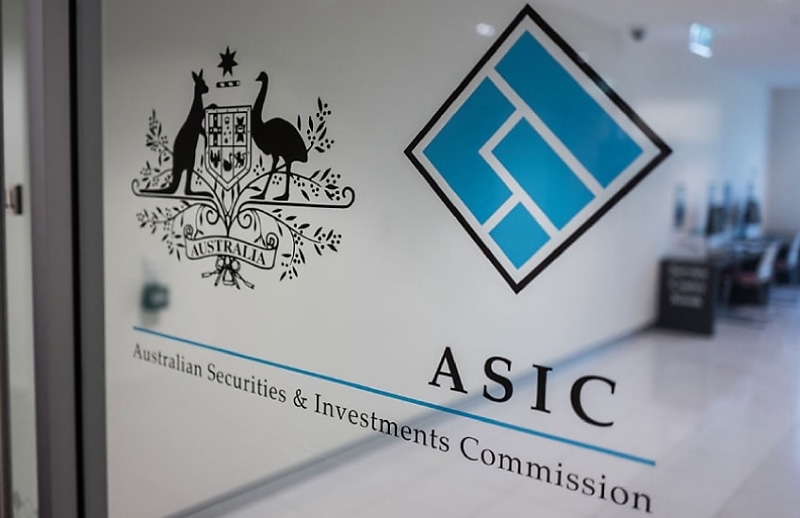ASIC wants to introduce penalties and other sanctions into legislation that would apply where an accountant falsely or negligently certifies that a client meets the applicable assets or income tests to be categorised as a wholesale investor.
In a recent submission, ASIC told the PJC Inquiry into wholesale investor tests that introducing penalties and sanctions for the misuse of the certificates “would improve practices and deter misconduct”.
“We have seen instances of the accountant’s certificate mechanism being misused, including in the fundraising context where trust or company structures have been used to enable the inappropriate certification of investors as sophisticated investors, and instances where accountant’s certificates have been forged,” the submission said.
ASIC noted that the Corporations Act does not currently prescribe penalties or other sanctions for the misuse of the certificate mechanism.
“For example, where an accountant falsely or negligently certifies that a client meets the applicable assets or income when they do not,” ASIC said.
The submission said the introduction of penalties and sanctions would assist ASIC to take direct action where this mechanism is misused.
ASIC referred to two specific examples in the submission dating back to 2017, where the wholesale investor test had been inappropriately applied.
“In the matter of Kwickie International Ltd, we became aware of a small number of accountants who had acted as trustees for trusts set up for the apparent sole purpose of enabling their clients to be classified as wholesale investors,” the submission said.
“The clients then received offers for shares in Kwickie—an unlisted company—without a prospectus being provided. We used our modification powers to ensure that shares in Kwickie could not be offered via a trust structure.
“This meant that the wholesale investor test continued to be applied consistently with the policy rationale, and safeguards for retail clients continued to apply.”
In another matter involving the Guvera Group, ASIC said it became aware of accountants who advised their clients of an investment opportunity in Guvera Limited, an unlisted public company.
“Clients invested in Guvera through a private investment company and in some cases were classified as wholesale investors through use of trust and company structures, to avoid treatment as retail clients,” it said.
“Guvera ultimately collapsed after incurring significant losses.”
ASIC said that it had written to a range of accountants and accounting professional associations concerning both the Guvera and Kwickie matters, warning against the practice of accountants using trust or company structures to circumvent the prohibition on offering shares without a prospectus to non-wholesale investors.
Other submissions from the major accounting bodies and SMSF Association have warned that accountant’s certificates already place accountants at significant, personal risk.
Professional bodies said there is a perception that holding an accountant’s certificate “removes risk for the adviser or product provider and instead, shifts that risk to accountants”.
Where there are no avenues available to clients for compensation, the associations warned that any litigation for damages can be awarded against the accountant, requiring access to their professional indemnity (PI) insurance.
“Noting that not all PI policies will insure accountants for the provision of this service, we are justifiably concerned that the quantum of contingent liabilities residing in the system is significantly high,” the professional bodies said.
“Despite the intention that accountant’s certificates are to be a pure statement of fact, the risk to accountants is high, and the interaction of the law and their obligations highly complex.”
SMSF Association head of policy and advocacy, Tracey Scotchbrook, said the association is seeing an emerging trend where accountants are being asked to attest to information beyond the statement of fact required, placing accountants at significant, personal risk.
“This was not the original policy intent of these provisions,” Scotchbrook said.
The SMSF Association and major accounting bodies would instead like to see certificates removed from the wholesale investor tests.

 Login
Login







